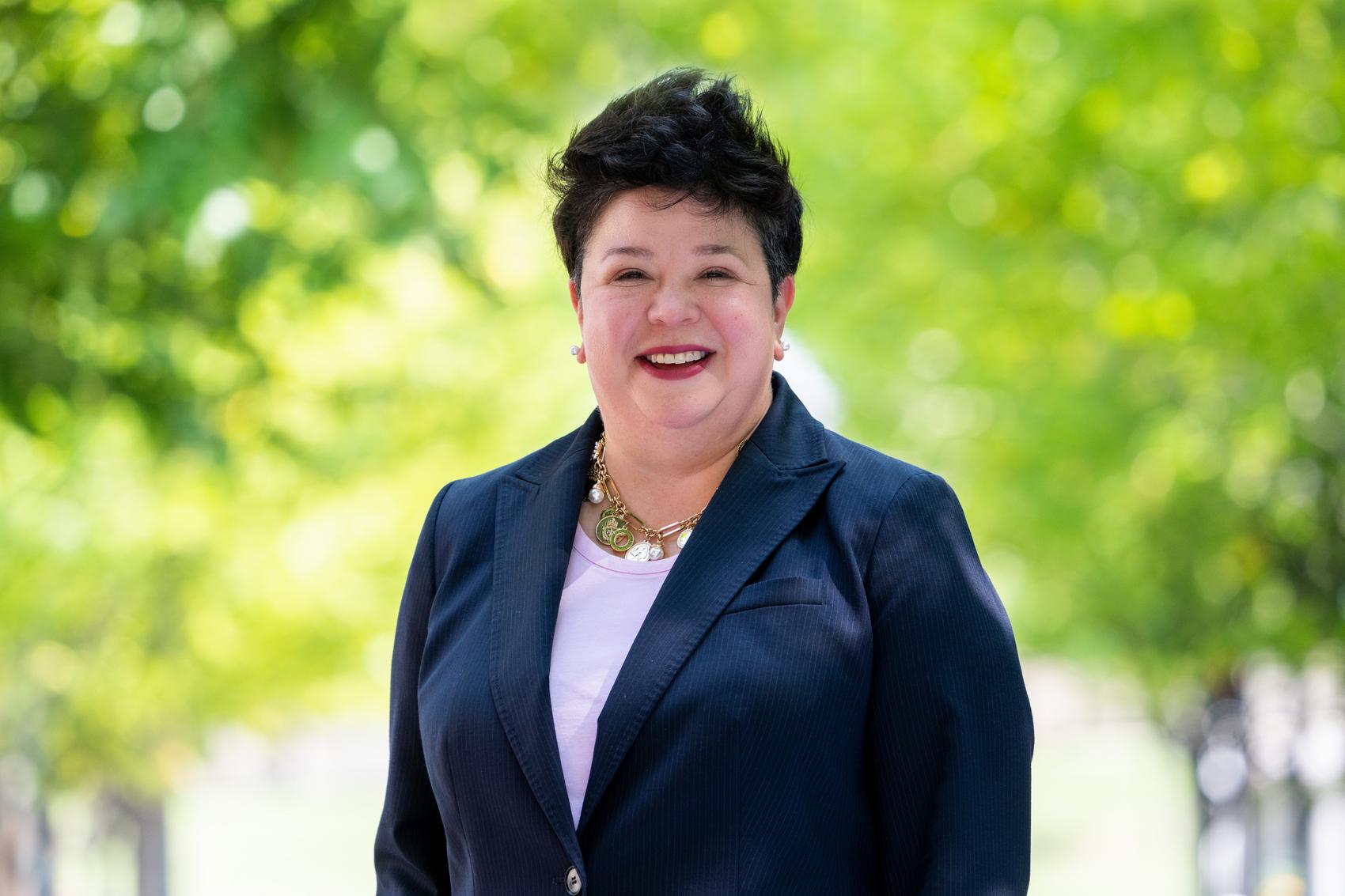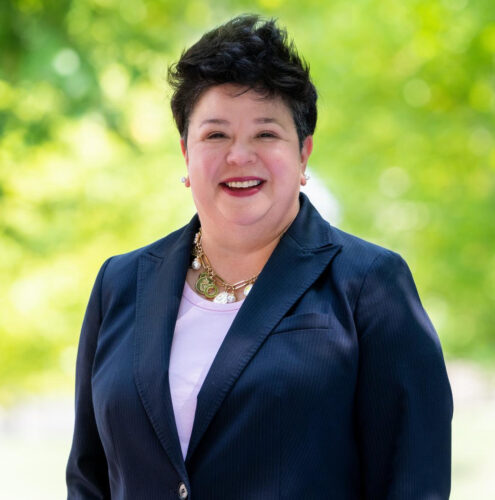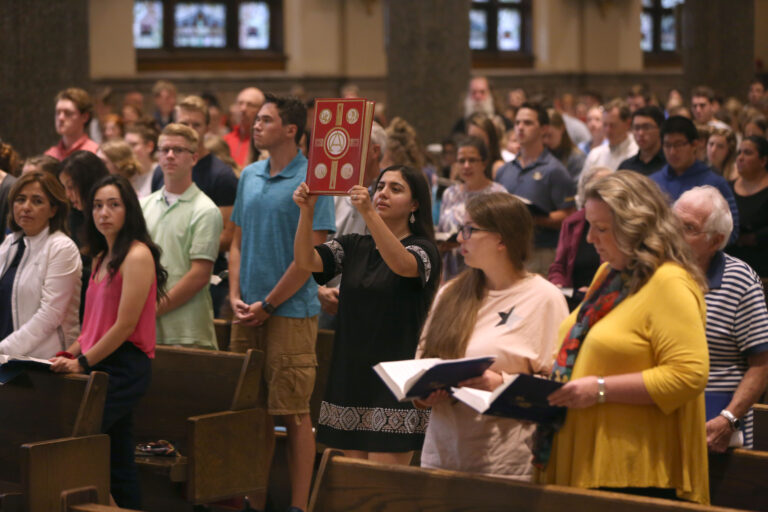When we reached out to this year’s Dr. Martin Luther King, Jr. Lecture speaker, Dr. Yohuru Williams from the University of St. Thomas, one of the things that most excited him was that we hoped his presentation would be the start of an ongoing campus conversation rather than a one-off event.
I write to you today with an invitation to join those engaged in sustaining the energy generated through his visit.
The title of Dr. Williams’ presentation was inspired by a quote from former superior general of the Society of Jesus, Rev. Pedro Arrupe, S.J. “To be just, it is not enough to refrain from injustice”: Understanding Anti-Racism and Black Liberation in the Context of Jesuit Education. I hope that his presentation and the provided questions help us each to discern how we are able to participate in the crucial practices of democracy, faith and inclusion on our campus.
If you were unable to attend the lecture or would like to view it again, you can watch it here. This link is only accessible with a Marquette account. Please use your Marquette username and password to access it if it doesn’t load automatically. The video is 67 minutes long. The lecture begins at the 5:18 mark.
After watching the lecture, I encourage you to engage with the below reflection and discussion questions in any of the following ways: in the classroom, in staff and department meetings, as student organizations, among friends and colleagues, or as a journaling exercise.
Reflection and Discussion Questions for MLK Lecture
- Many of the quotes shared were from several decades ago, yet they are still relevant today. Why do you think they are still relevant today? How does this make you feel?
- Dr. Williams shared that anti-racism, democracy, and faith are all “practices.” What does it mean for each of these to be an active practice as opposed to a passive belief or something that can be mastered? How can we as a Catholic, Jesuit university practice our Jesuit values?
- To paraphrase Father Arrupe, “A university can be much more than a building. … It is the social context of your life.” What do you think are important components of a community? What must exist in a community for you to feel that your dignity is recognized?
- How would you respond to the three questions Dr. Williams proposed that define Jesuit education: Who am I? Whose am I? Who am I called to be?
- What does it mean to you to live humbly for a cause? What causes do you live for? How do you or how can you express this on campus?
- What is justice to you? What does it look like? What does it sound like? What does it feel like? (Students) How does your major/minor or career aspirations impact this definition? (Faculty/Staff) How does your position in the university impact this definition?
I hope you can engage with the materials further and that your conversations, while they may be uncomfortable, are fruitful. It takes each member of our community to foster a culture of greater belonging and engagement. I appreciate your willingness to invest in making our campus a more inclusive and welcoming place to live, learn, teach and work.
Dr. Chris Navia
Vice President for Inclusive Excellence
Office of the Provost




